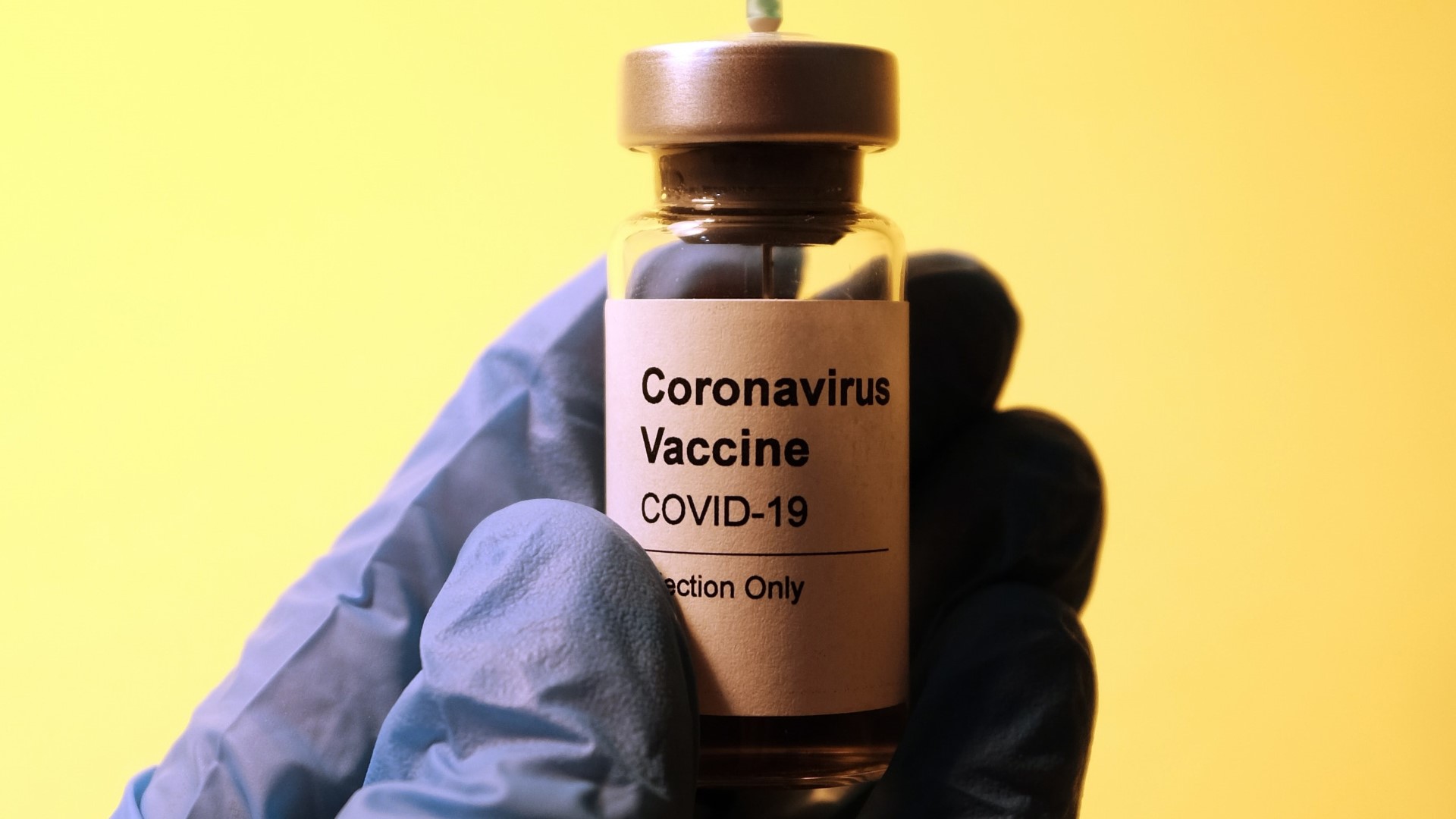The Lamen
COVID reinfections can make patients twice as likely to die, study says

Coronavirus vaccinations are supposed to decrease the likelihood of multiple COVID-19 infections, at least until its effect wears off. However, those who do experience reinfections are at risk of multiple health conditions.
Photo: Unsplash
The first case of COVID-19 reinfection was reported in August 2020. A 33-year-old man who was first infected with the coronavirus in late March had contracted the virus again four and a half months later, reported researchers at the University of Hong Kong.
Published in the same month was another study questioning COVID-19 reinfections: antibodies declined in the next 3 months following infection, which wouldn’t make reinfections unlikely.
- According to the UK’s COVID dashboard, there have been over 21 million cases of first infection and nearly 1.2 million reinfections as of September 14, 2023.
- It defines a reinfection as someone testing positive for COVID-19 more than 90 days after a previous infection. Although peculiar, a reinfection could also appear sooner.
So why are reinfections getting more common? While initial cases of COVID-19 reinfection were largely blamed on testing flaws, cases of people losing their hard-won immunity were increasing. Rapidly evolving viruses capitalized on our quickly waning immunity, and the vaccines couldn’t keep up.
Reinfections become more common the longer the virus sticks around: coronavirus has mutated into less deadly but more contagious variants, often leading to season upticks in cases.
And while most reinfected patients recover quickly, some are having a hard time — being at a greater risk of heart conditions, hospitalization, and death.
What multiple COVID-19 infections mean for your health
We’re hardly as vary of COVID as we were during its initial months. While the infection always carries some risk, seasonal surges caused by new variants aren’t nearly as alarming.
Therapeutics have continually evolved to manage severe infections, and the inevitable reinfection isn’t as life-threatening as it once seemed. Science, however, says otherwise.
- A study concluded that reinfected patients were twice as likely to die and three times as likely to be hospitalized, regardless of vaccination status.
- They were also reported to be at an increased risk of pulmonary, cardiovascular, hematological, diabetes, gastrointestinal, kidney, mental health, musculoskeletal, and neurological disorders.
However, a previous infection did prevent reinfection to some degree. A previous infection could prevent the risk of reinfection by:
- 90.2 percent against the alpha variant
- 85.5 percent against the beta variant
- 92.2 percent against the delta variant
- 56 percent against the omicron variant
People experiencing a repeat infection with the Omicron variant tend to experience upper respiratory symptoms, which are particularly severe in the elderly.
The connection of long COVID with repeat infections is one shrouded in uncertainty. Data shows the risk of developing long COVID to be greater in people who experienced more serious symptoms during the initial infection. The chances of you getting long COVID from reinfection also exist.
Even a single COVID shot is shown to decrease a person‘s risk of developing long-term symptoms, at least to some degree. Moreover, some experts find repeat infections to decrease the risk of long COVID, while other findings were contradictory.
Understanding and tracking these reinfections is imperative in gauging immunity from vaccination, and the long-term complications of COVID-19.